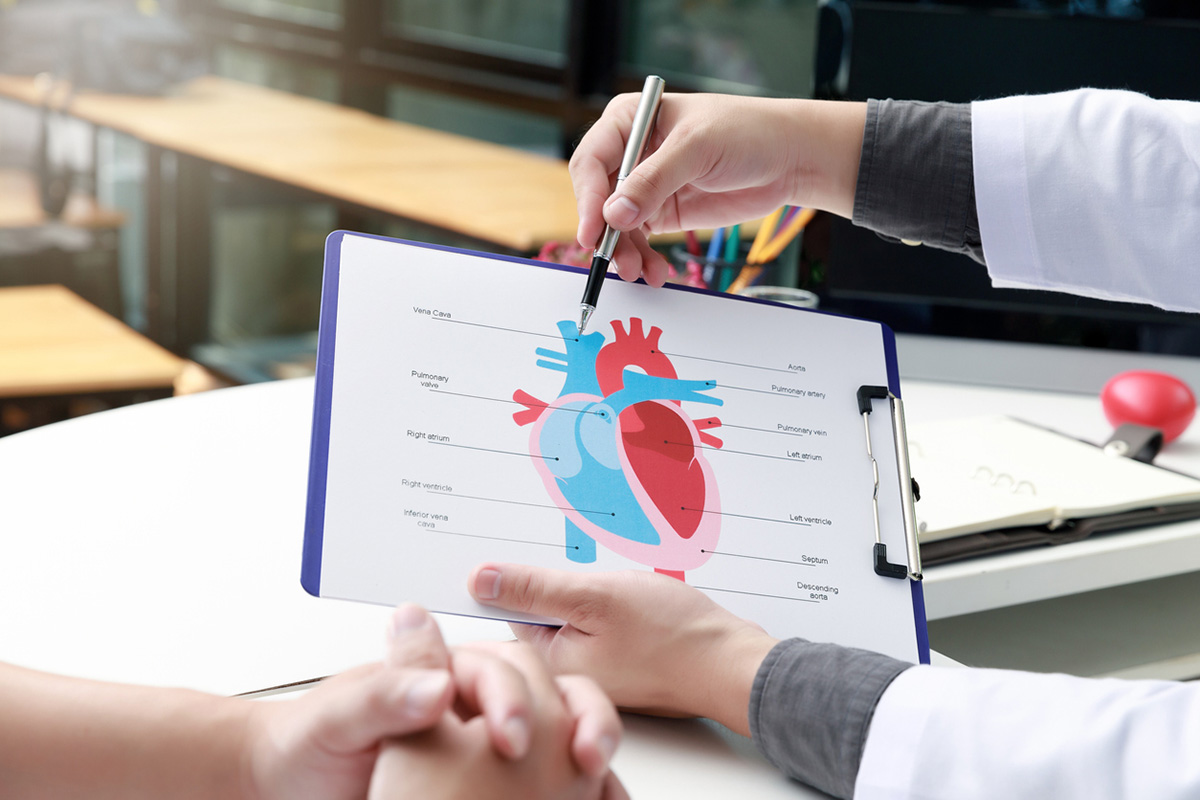-
Locations
Location Type
-
Patients & Visitors
Published January 23, 2023

When you think of a heart attack, you probably envision seeing someone clutch their chest in pain and fall to the ground. But heart emergencies don’t always stick to this script – especially in women.
The first thing to remember is this: Cardiac arrest and heart attack are not the same thing.
Cardiac arrest occurs when electrical disturbances cause the heart’s natural rhythm to malfunction and stop beating. It is a leading cause of death, with symptoms that include fainting, racing heartbeat, dizziness, lightheadedness, unresponsiveness and lack of breathing. If you see someone experience cardiac arrest, you should start CPR and call 911. If an Automatic External Defibrillator (AED) is available, use it as soon as possible.
A heart attack occurs when the heart can’t circulate blood (usually due to a blockage in an artery). When the heart muscle loses access to blood, the muscle starts to die. A heart attack can cause cardiac arrest.
While pain or a squeezing sensation in the center of the chest that spreads to the arm is the most common symptom of a heart attack for both men and women, there are important differences. Here’s a look at some of the different heart attack symptoms in men and women.
Women are more likely to have atypical and subtle symptoms during a heart attack, including:
Men are more likely to experience the typical symptoms we associate with heart attacks, including:
If you suspect you might be having a heart attack, call 911. Every second counts.
With a history of pioneering cardiology specialists and innovation that includes cardiology firsts, Yale New Haven Health Heart and Vascular Center is one of the nation’s leading providers of heart and vascular services, offering the most advanced technology and facilities.
Learn more about how our multidisciplinary team is dedicated to providing our patients with excellence in cardiac care.
Note: The terms “women and “men” are used in this article to reflect biological sex. Your gender identity may not align with the signs, symptoms and risk factors of heart disease. Your healthcare provider can better help you understand how your specific circumstances will translate into diagnosis, symptoms and treatment.